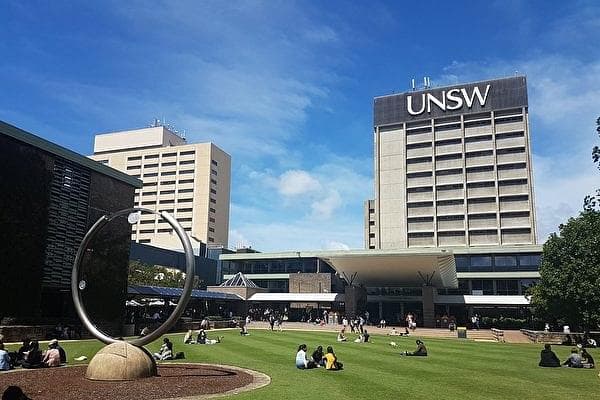

Bachelor of Engineering (Honours) (Civil) at University of New South Wales
Sydney, Australia
- Tuition Fee AU$ 49,600
- Country Rank#1
- Duration48 Months
- Score IELTS: 6.5 TOEFL: 90
Program Overview
Civil engineering involves the design, construction and management of modern infrastructure. Roads, railways, tunnels, buildings, bridges, airports, mines, dams, ports and harbours, water supply and sewerage systems and flood mitigation works are all shaped by civil engineers.
As a civil engineer you’ll construct, manage and maintain infrastructure using mathematics, mechanics, physics and creative problem-solving.
In this degree you’ll be immersed in civil engineering design and research projects, professional engineering practice, engineering and technical management and conduct research towards your thesis project.
You’ll develop a foundation in civil engineering fundamentals and applications. Your education will include structural engineering, geotechnical engineering, transport engineering and water engineering, as well as construction and management.
Cost Of Studying At University of New South Wales
Interest rates as low as 8.9% *
250K+
Students Assisted
800Cr+
Loan Amount Disbursed
5000+
Loans Sanctioned